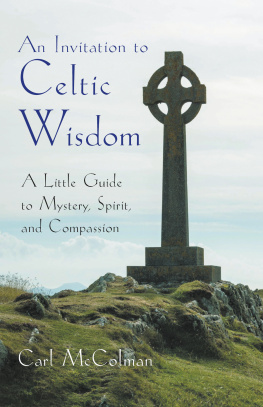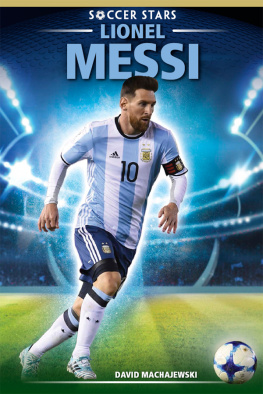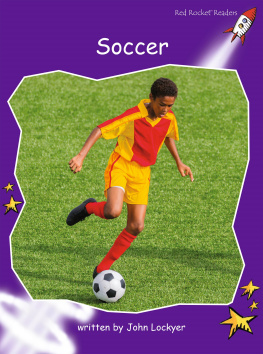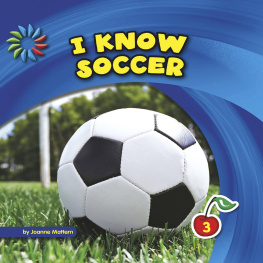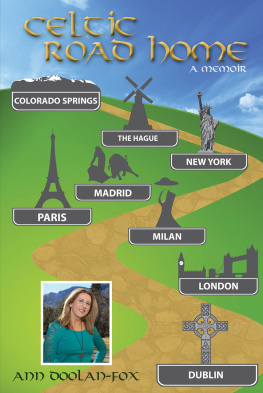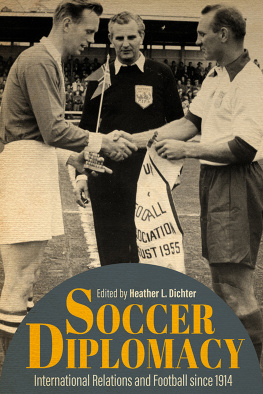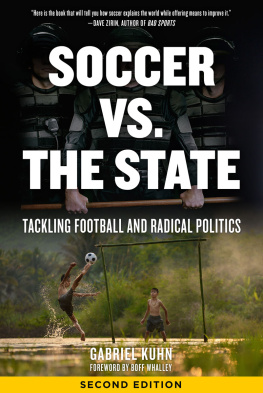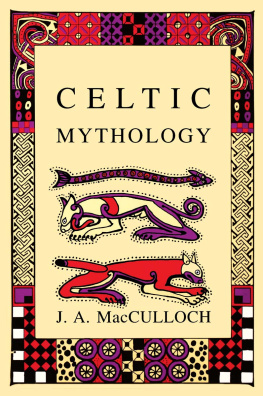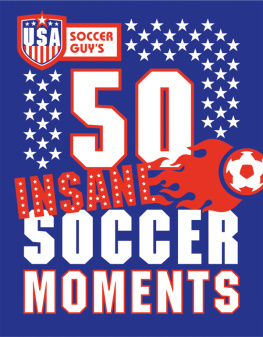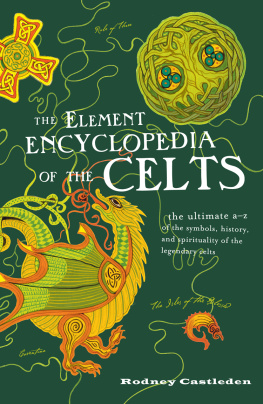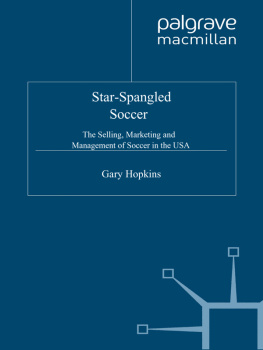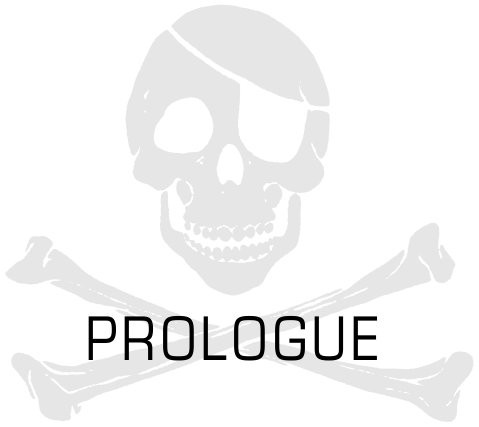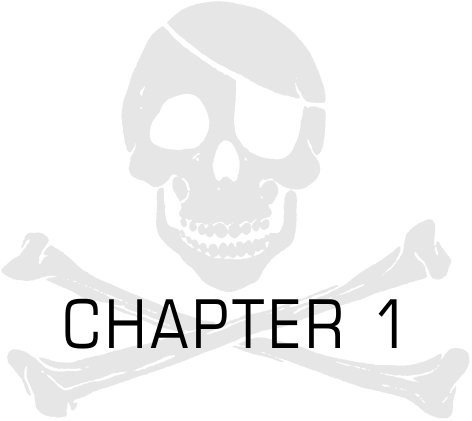T his book is an honest account of football violence and how it has affected my life and the lives of those around me. I will not attempt to glorify or condone the life that I and hundreds of others choose to live. What I hope to achieve by writing this book is to give an honest and candid portrayal of life as a football hooligan from the point of view of my own real life experiences.
I am sick and tired of middle-class academics who believe that they are in a position to comment on the worldwide phenomenon that is football violence. These social workers, politicians and psychologists are the same people who go on team-building courses that include white-water rafting, paintball war games and any number of other extreme sports, yet they still feel the need to condemn football hooligans.
In my view, they are boring, lonely people who are searching for that adrenalin rush and excitement that their safe, uneventful lives are lacking. However hard they try, they will never experience what we get time after time from a good battle at the football. For the purposes of this book, and for fairly obvious reasons, I have changed some of the names and will leave out some events in order to protect the guilty. The people that were involved know who they are and therefore dont need to see their names in print. Those who asked in advance for a mention will be deliberately left out, as they are most likely the bottle-throwers and window-smashers who never went toe-to-toe in their lives.
My memory may be a little rusty (probably as a result of the amount of blows taken to the head!). Throughout this book, however, I have tried to give as truthful an account as possible of the triumphs, beatings and scams that I have been involved in.
T here is nothing unusual about the way my parents met; my dad, Andy, was a bus driver with the Glasgow Corporation, while my mother worked in the same depot as a conductress. Romance blossomed and they courted for a while before announcing their engagement. This created a stir amongst both families, who voiced their concerns and misgivings. The reason for the commotion was the fact my mother came from a staunch Scottish Protestant family, while my dad was born to Irish parents who had moved from Derry to Glasgow when he was about 10. This was 1960s Glasgow, a city divided by sectarian bigotry and religious intolerance, where mixed marriages, although not unheard of, were frowned upon.
Despite all their problems, my parents went ahead with their marriage in 1962. The newlyweds set up home on the council estate of Castlemilk, which at the time was regarded as a modern and innovative estate which boasted such luxuries as inside toilets, with hot and cold running water in the bathroom. The reality was, Castlemilk was a sprawling neighbourhood, perched on the southernmost tip of the city boundary, which lacked the basic amenities such as shops and banks, and didnt have a pub up until the early 1980s. Despite the apparent oversight by the city planners, families flocked to Castlemilk, often from the slum tenements that had been earmarked for demolition in places like the Gorbals.
Not long after settling in Castlemilk, my dad gave up his job as a bus driver to take up a well-paid job as an engineer in the massive Hoover factory in nearby Cambuslang. My mum then gave up work after falling pregnant with my elder sister, Anne, who was born in February 1964. I am the youngest of three, born amazingly the same year as my brother, Andrew, who was born in February 1968 while I was born 10 days before Christmas.
It is hard to imagine how my mother coped with two babies and a four-year-old all demanding her attention. She also had to attend to the usual demands of the Christmas and New Year festivities. Things were tough, but my mum and dad managed without any major crises in the first year after I was born. However, the last thing my mum needed was a visit from the police on 3 January 1970. They had called to inform her about my dad having been arrested at the Old Firm game that day. My dad was an avid Celtic fan and had gone to the traditional Old Firm New Years derby which was at Celtic Park that day. The policeman said my dad had been arrested along with his friend and was being held on a charge of breach of the peace for allegedly throwing a bottle at Rangers fans.
In those days, Celtic Park was one of the largest stadiums in Europe, frequently housing crowds of up to 90,000. The stadium consisted of a grandstand with sloping terraces behind each goal and was completed by the famous Jungle, which was a roofed enclosure that ran the length of the pitch opposite the grandstand. Back in the 60s, both Rangers and Celtic fans occupied the Jungle, separated only by a small wall and a thin line of police officers. This was also the time that supporters were allowed to take their own alcohol into the stadium, which usually resulted in them tossing their empties at the opposing fans, sometimes having first pissed in them. My mother was informed by the policeman that my dad and his mate were to remain in custody until the courts resumed following the festive break.
They eventually appeared at Central Glasgow Magistrates Court, whereupon they pleaded guilty and received a substantial fine. However, their relief at getting fined was short-lived, as the magistrate announced that he was not prepared to allow my dad and his mate any time to pay the fine, which meant they were sent to the notorious Barlinnie Prison until such time that their family or friends could raise the money to pay the fines. My mum never tired of reminding me of how she struggled on and off buses and through the snow with three young children on her way to visit my dad in Barlinnie.
I think my dad and his mate spent a couple of nights in jail before the necessary amount was paid. I was obviously too young to remember anything about my first visit to Barlinnie, but unfortunately for me it would become an all-too-familiar place in later years.
We lived in Castlemilk until I was four, when, after a fire had gutted our house, my parents decided to move to Pollok, which was a similar housing estate on the south-west of Glasgow. Shortly after moving, my parents split up. I never got to hear the full story behind the split, but I do know that my dad didnt really want to move to Pollok as it was about 10 miles from his work, which was on the other side of the city.
The months that followed my dads departure were particularly hard and saw my mum finding comfort with alcohol. I was by now at the same school as my brother and sister, which was St Monicas RC Primary School, one of the largest primaries in Glasgow. I enjoyed primary school and made it into the football team where I played in goal.
Home life was chaotic by the time I had reached Primary Year 7. My brother and sister were now at secondary school, while I was alone at St Monicas. To make matters worse for me, my brother had begun to take an interest in becoming a Jehovahs Witness, while my sister started to attend Rangers games. She even went to Hampden for the Scottish Cup Final in 1980, which Celtic won 10 after extra-time, which triggered a pitch invasion by jubilant Celtic fans. The Rangers fans reacted by joining their victorious rivals on the pitch, sparking the worst riot ever seen in Scottish football. My sister was on the pitch wearing a Rangers scarf. She claimed later that she wasnt aware of what was happening and had simply followed those around her.


